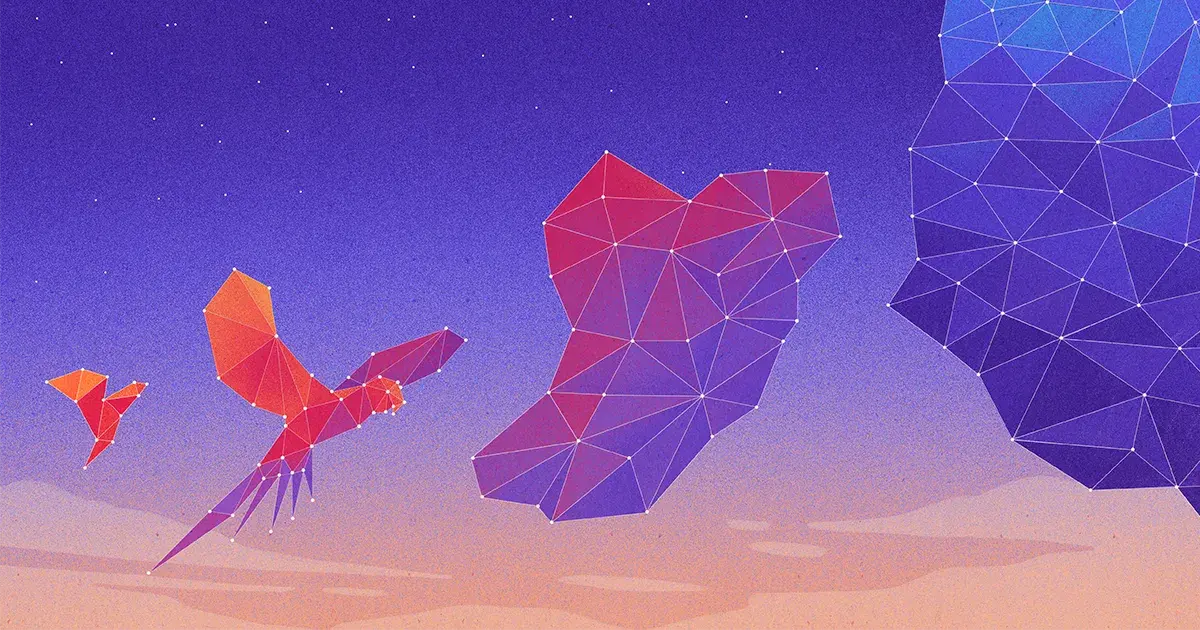I’ve been saying this for about a year since seeing the Othello GPT research, but it’s nice to see more minds changing as the research builds up.
Edit: Because people aren’t actually reading and just commenting based on the headline, a relevant part of the article:
New research may have intimations of an answer. A theory developed by Sanjeev Arora of Princeton University and Anirudh Goyal, a research scientist at Google DeepMind, suggests that the largest of today’s LLMs are not stochastic parrots. The authors argue that as these models get bigger and are trained on more data, they improve on individual language-related abilities and also develop new ones by combining skills in a manner that hints at understanding — combinations that were unlikely to exist in the training data.
This theoretical approach, which provides a mathematically provable argument for how and why an LLM can develop so many abilities, has convinced experts like Hinton, and others. And when Arora and his team tested some of its predictions, they found that these models behaved almost exactly as expected. From all accounts, they’ve made a strong case that the largest LLMs are not just parroting what they’ve seen before.
“[They] cannot be just mimicking what has been seen in the training data,” said Sébastien Bubeck, a mathematician and computer scientist at Microsoft Research who was not part of the work. “That’s the basic insight.”



I understand what you’re saying but i disagree that there is any proper defining of the concept. The few scientist that attempt to study it can’t even agree on what it even is.
I agree that my example where far out, they are supposed to be to represent ideas outside the conventional box. I don’t literally believe grass is conscious. I recognize that if i/we don’t know, then i/we don’t know. In the face of something we don’t know the nature off, the requirements for, the purpose it serves i prefer to remain open to every option.
I know Wikipedia isn’t a scientific research paper but i expect that if there really is a agreed upon scientific answer it wouldn’t be like it currently is:
“Consciousness, at its simplest, is awareness of internal and external existence. However, its nature has led to millennia of analyses, explanations and debate by philosophers, theologians, and all of science. Opinions differ about what exactly needs to be studied or even considered consciousness. In some explanations, it is synonymous with the mind, and at other times, an aspect of mind. In the past, it was one’s “inner life”, the world of introspection, of private thought, imagination and volition. Today, it often includes any kind of cognition, experience, feeling or perception. It may be awareness, awareness of awareness, or self-awareness either continuously changing or not. The disparate range of research, notions and speculations raises a curiosity about whether the right questions are being asked.”
I feel like an AI right now having predicted the descent into semantics.
I fear it was inevitable, with no framework where we can agree upon semantics are all there is.
I truly wish we humanity had more knowledge to have a more proper discussion but currently it seems unproductive, especially in the context of a faceless online forum debate between 2 strangers.
Thank you for your time, and input on this matter.